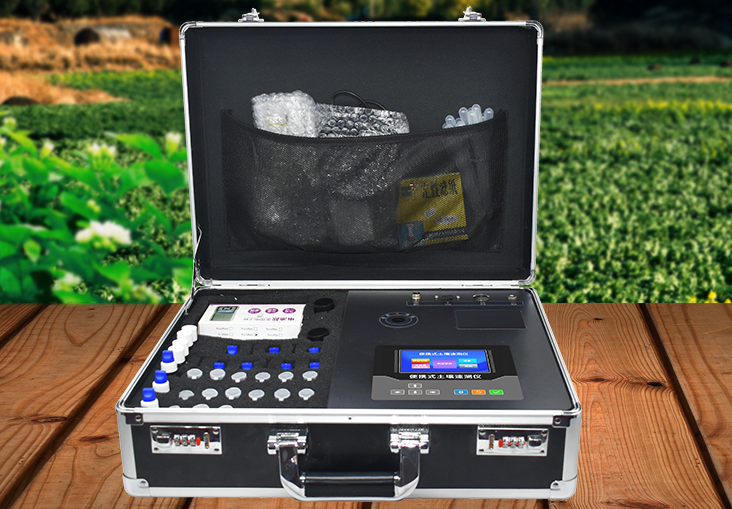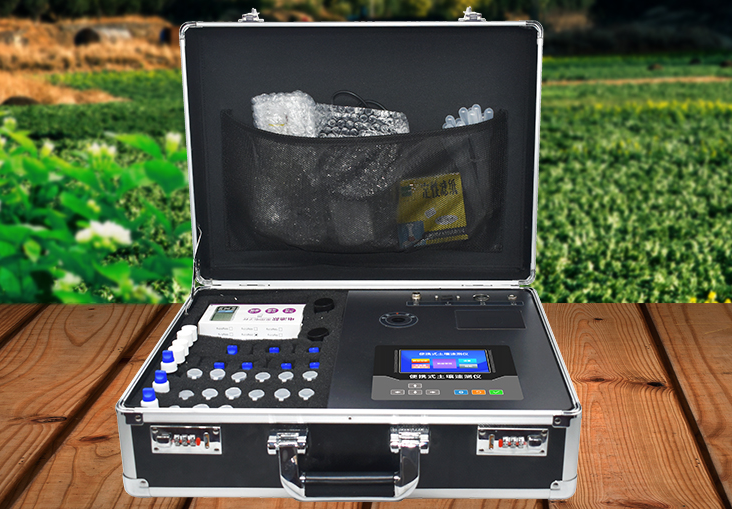Water is one of the most precious resources on earth, and agriculture is one of the largest consumers of this resource. With drought, climate change, and population growth affecting water supplies globally, it is essential that farmers take steps to minimize water usage in their operations. One solution that has gained traction in recent years is using soil moisture sensors to optimize irrigation practices and reduce water waste.
Soil moisture sensors are devices that measure the amount of water in the soil, giving farmers real-time data on soil conditions and allowing them to adjust their irrigation practices accordingly. By incorporating soil moisture sensors into their operations, farmers can reduce water usage and improve crop yields.

One of the primary benefits of soil moisture sensors is their ability to provide precise control over water application rates. With traditional irrigation methods, water is often applied uniformly across a field, regardless of actual moisture levels in each area. Soil moisture sensors, on the other hand, allow for targeted irrigation, ensuring that water is applied only where and when it is needed. By reducing overwatering and avoiding underwatering, farmers can reduce water waste and achieve optimal crop growth.
Soil moisture sensors can also help farmers optimize irrigation scheduling. By monitoring soil moisture levels, farmers can determine when to water crops, how much water to apply, and how frequently to irrigate. This information allows farmers to tailor their irrigation practices to specific crop needs and environmental conditions, reducing water usage and ensuring that crops receive the right amount of water at the right time.
Another important benefit of soil moisture sensors is their ability to detect leaks and other sources of water waste. By monitoring soil moisture levels consistently, farmers can identify areas of the field where water is not being absorbed properly or is being lost due to leaks or other issues. This information can help farmers address these problems quickly, reducing water waste and preventing damage to crops.
In addition to reducing water usage, soil moisture sensors can also help farmers reduce their energy usage and costs associated with irrigation. By reducing the amount of water that needs to be pumped or transported, farmers can lower their energy consumption and save money on energy bills.
Soil moisture sensors can also have a positive impact on crop health and yield. By providing precise control over water applications, farmers can help prevent water stress on crops, which can lead to stunted growth, premature ripening, and reduced yields. In addition, optimizing irrigation practices with soil moisture sensors can improve nutrient uptake, leading to healthier and more productive crops.
Despite the many benefits of soil moisture sensors, there are also some challenges associated with their implementation. One of the primary challenges is the cost of purchasing and installing the sensors. While prices have come down in recent years, soil moisture sensors can still represent a significant investment for small and mid-size farmers.
Another challenge is the need for technical expertise in managing and interpreting data from soil moisture sensors. Farmers need to be trained on how to install and calibrate sensors properly, as well as how to interpret data and adjust irrigation practices based on that data.
In conclusion, soil moisture sensors represent a promising solution for minimizing water usage in agriculture. By providing real-time data on soil moisture levels, these sensors enable farmers to optimize their irrigation practices, reducing water waste, and improving crop productivity. While there are some challenges associated with implementing these systems, the potential benefits in terms of reduced water usage and improved crop yields make them a worthwhile investment for farmers who are serious about sustainability and reducing their environmental impact.






